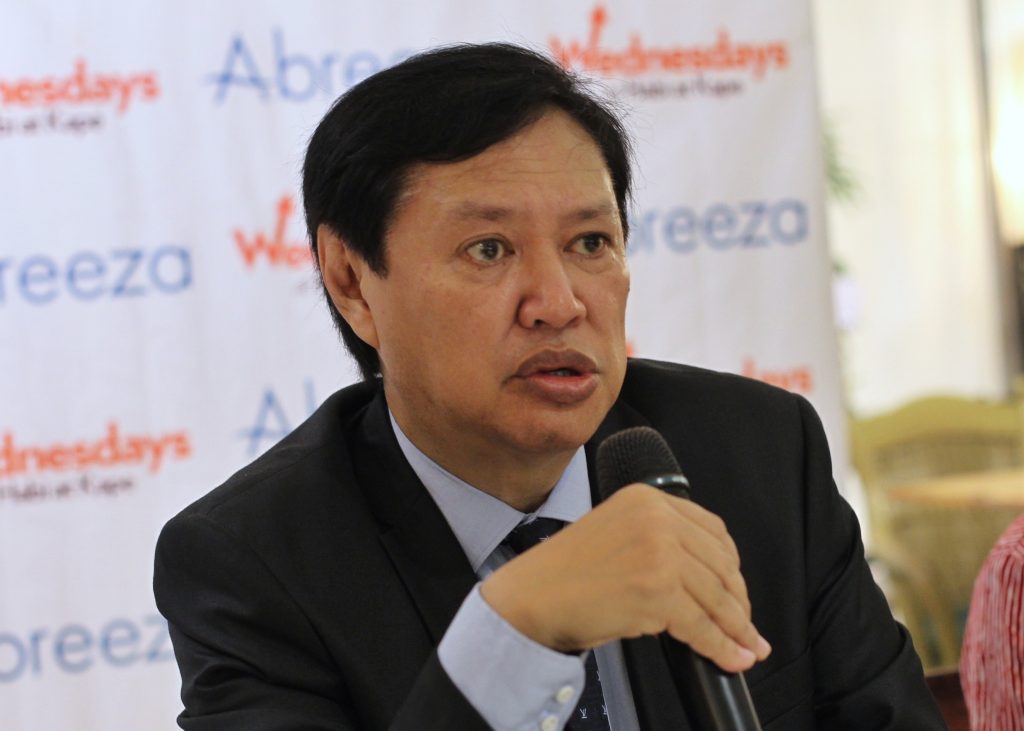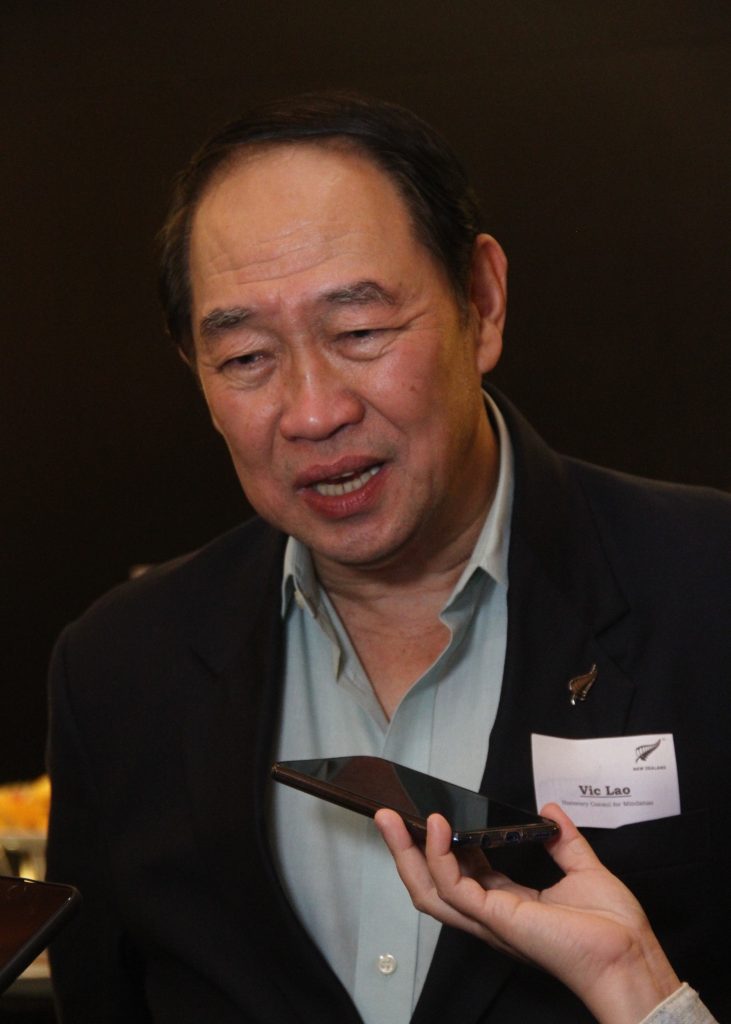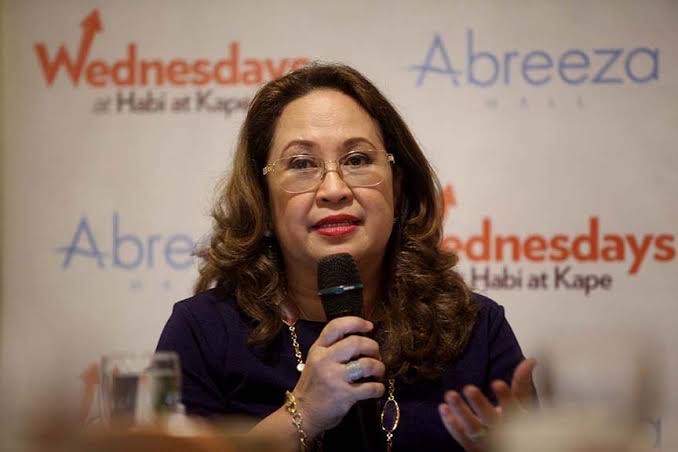
Economists and government think-tanks have described the Philippines as an ‘economic star’ with growth that’s seen to outperform long-time leaders such as China, Indonesia and India.
Bloomberg reported that during the past five years, Philippine’s growth averaged to more than 6 percent and was projected to exceed 7 percent this year, outperforming China, Indonesia and India.
Then came Covid-19 pandemic, which may change the title.
However, business leaders in Davao are optimistic the country will bounce back with focus more on agriculture and Business Process Outsourcing (BPO) sector as growth drivers.

Antonio Peralta, chairman of the European Chamber of Commerce in the Philippines-Southern Mindanao Business Council (ECCP-SMBC), said the growth of the country will come from within and this will be driven by strong domestic demand such as food products. He said there are also good growth prospects from the BPO sectors.
‘The growth will be agri-driven and companies abroad will continue to depend on the BPOs here as they need to keep low costs to be competitive,” he said.

Businessman and New Zealand’s honorary consul to Mindanao Vicente Lao said the Duterte administration was doing well up to the end of 2019, yet, when the pandemic occurred and every country was affected, it is difficult now to predict how the world will recover from this crisis.
Acccording to Lao, since the Philippines is basically an agricultural economy, it might be at an advantage since people will always need to eat.
Lao added that the country’s nearness to the market will also be an advantage because China very soon will be a huge consumer market and Philippines can supply them with all kinds of agricultural products.
“All agri products because China does not have enough land to plant their agricultural needs,” he said.
Peralta believes the business sector is seeing also the increased demand for internet services as businesses are migrating to online transactions. However, the consistency of providing online services is a concern given the dismal state of the internet services in the country.
He said there should be strong monitoring from the stakeholders that include the business community, academe and the government on the services rendered by these telecommunication companies with service ratings on them published regularly.
Business leaders also agreed that the first four years of the Duterte Administration saw a nation with strong growth prospects as per mid-year report 2020 of the Duterte administration.
Based on the report, the Philippines was among the fastest growing economies with an average of 6.5 percent from 2016 to 2019. Inflation was low and stable averaging 3.0 percent from 2016 to 2019. The country registered the lowest rates of unemployment (5.3 percent), underemployment (14.8 percent), and poverty (16.6 percent).
Peralta said before the pandemic, the country was fiscally sound.
“We paid off a substantial portion of our foreign debts. As a result our credit standing improved and we are now able to borrow at much lower rates than before,” he said.
He also said the aggressive tax collection efforts during the last four years resulted to better economic standing with the creditors and the country had enough resources to pay for the initial impact of the pandemic.
“If this wasn’t the case, we would be knocking on the doors of the International Monetary Fund (IMF) and the World Bank or Asian Development Bank (ADB). We definitely will bounce back. The only variable here is the availability of the vaccine here at affordable prices,” he said.
“The challenges still remain in containing the spread of the virus. The adherence to the norms of the “new normal” is key to recovery,” he added.

Dr. Malou Monteverde, former president of the Davao City Chamber of Commerce and Industry (DCCCII), said pre-Covid-19, the Philippines was on its way up and very positive investments growth with the Philippines experiencing unprecedented growth in investments.
Monteverde, who is also the former president of Davao Medical Society and former governor of the Philippine Medical Association (PMA)-Southern Mindanao, added that with this Covid-19 pandemic the government’s thrust on public health and its delicate balance on the economy will affect the growth as a nation.
“However, as a country we are not isolated from the global recessions, thus the government’s thrust to spur local economy and its plans to continue our Build Build Build programs are the ones, which will spur our economy. We hope and pray that the Duterte admininstration will be able to surpass this pandemic with a positive growth before the President ends his terms,” she said.






